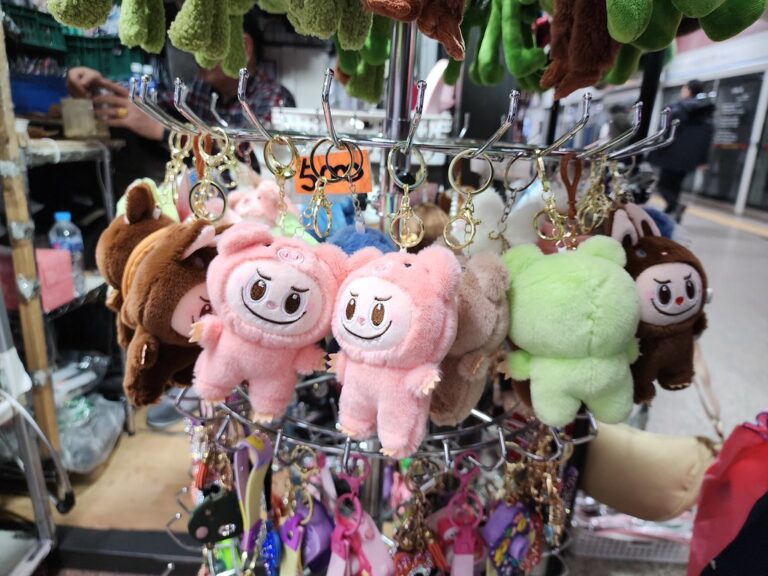The Chinese toy giant aims to transform the fleeting popularity of its collectible art toys into a long-term global intellectual property empire, a strategy analysts say is both ambitious and fraught with challenges.
SHANGHAI – Pop Mart International Group, the company behind the wildly successful Labubu monster toy, is embarking on a new strategy modeled on The Walt Disney Company, aiming to convert its viral sensations into lasting intellectual property. In a rare interview, company executives detailed a plan to build a durable global brand, moving beyond the ephemeral nature of collectible trends to create a legacy of characters with enduring commercial and cultural appeal. This move comes as the company’s market value has surged, surpassing that of established industry giants like Hasbro and Mattel combined.
The Beijing-based firm has achieved a rare feat for a Chinese brand: capturing a global audience through creative and emotional appeal rather than manufacturing prowess alone. The success of Labubu, a rabbit-eared, toothy creature, has been phenomenal, driving the company’s Hong Kong-listed shares up nearly 200% this year. The company’s strategy now focuses on leveraging this momentum. “We have learned from Disney for a long time,” said Si De, an Executive Director and co-COO of Pop Mart, as published in Reuters. “Disney’s great value lies in its ability to operate IP (intellectual property) over the long-term, even up to 100 years.” The company sees the nearly century-long relevance of characters like Mickey Mouse as a blueprint for its own portfolio.
Pop Mart’s rise has been fueled by its “blind box” sales model, which offers customers the lottery-like thrill of discovering which character they have purchased. This, combined with savvy social media marketing, has cultivated a dedicated collector culture. However, analysts question the sustainability of a business model that may be overly reliant on a single character’s popularity. In response, the company insists its immediate focus is not on discovering the “next big hit,” but on deepening the existing Labubu ecosystem. This involves significant investment in “better products, finding better collaborations, developing content, theme parks, store displays,” Si explained, as published in Reuters. The ultimate goal is to cultivate a roster of five to 10 intellectual properties with the same long-term potential as Labubu.
Looking ahead, Pop Mart’s Disney-inspired ambition faces a competitive and fast-changing market. The company is actively expanding its global retail footprint and investing in a wider range of merchandise and entertainment content to solidify its brand identity. While the strategy to build a portfolio of lasting IP is a direct challenge to the Western-dominated entertainment and toy industries, its success will depend on Pop Mart’s ability to consistently innovate and maintain consumer engagement long after the initial hype has faded. The coming years will be a critical test of whether the Chinese art toy maker can truly replicate the magic of the kingdom it seeks to emulate.
Based on the original article: Exclusive: Labubu-maker Pop Mart learns from Disney to capitalise on toy’s viral success | Reuters


